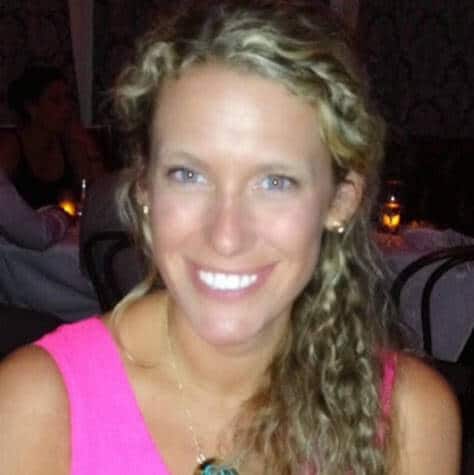
If you’re a regular reader of our blogs, you know by now that on the first Monday of every month, DTA convenes a community of Care Team Coaches from across the country. The purpose of these calls is for coaches who all use DTA’s Coaching Reporting Tool to share notes and learn from one another on their coaching journeys. On our most recent call, we were able to feature an interview with our very own Pamela Hessler. Pamela is a Senior Consultant with DTA and has been coaching for about 4 years. You can learn a lot about Pamela and her background from some of our previous blogs, but this time we got to hear more about her experiences as a Care Team Coach.
Here’s a look at what Pamela had to share with the group.
DTA: What do you see as the value of coaching?
PH: I think there are a lot of different types of value in coaching. First, I think it helps build morale of the team- the strengths-based approach surprises a lot of people and then generates positive word-of-mouth therefore helping to transform the culture of an organization. Beyond that, for leaders, it’s a great way to keep a broad picture of what is working in their organization and those key behaviors that can take their teams from great to excellent.
DTA: When you’re training new coaches, what is their biggest concern/apprehension? And how do you work to put them at ease?
PH: I find their first concern is time, their own time, but also the time of the person being coached. While this is understandable, the reality is that as a coach, you really get to know your personal flow and the flow of the person you are coaching very quickly. I hope that our coaches come to see it as time well used as a coach outside of their “day job.”
It’s a fun opportunity for coaches to see others outside their own role which helps give them a different perspective and can positively impact their own practice.
The second big concern of new coaches is their own credentials; new coaches often under-sell themselves- they wonder “what would make someone listen to me?” The answer is: people are used to getting feedback throughout schooling, and then it just stops unless it is negative. So, as coaches we are in a unique position to frame all of our feedback in a positive and strengths-based approach which automatically opens people to hearing more feedback. Most of the people who we coach are super receptive and appreciate the feedback that the coaches provide.
DTA: Have you ever faced someone who cried during feedback?
PH: I’ve heard so many stories of people crying happy tears during their feedback. But personally, I don’t think I’ve made anyone cry… however, what stands out most is that even without tears, so many people are positively surprised by what I tell them. The thing I hear most is “wow, I can’t believe you saw all of that! I was just doing my regular day”. That’s the most rewarding thing- people are really doing their normal job and regular routine, and I am lucky enough to see them doing this awesome work!
DTA: Besides coaching, what is your favorite part of the work that you do with DTA?
PH: I love doing an initial service culture assessment and patient experience strategy and roadmap for an organization. It’s so fun to me to get in there and learn how the organization is working, interview people doing the work and really understand where they need to go. It’s the first type of project I worked on when I started at DTA and it remains one of my favorite.
My other favorite thing that we do at DTA is the patient journey mapping. This is where we partner with patients and families and sit with them throughout their journey, noting their thoughts and reactions as well as how the care team interacts with them at key moments. We recently did some of these with a client in their ED and I don’t think I ever told Janiece this, but I was super nervous about it. I kept thinking about how vulnerable people are in the ED and then there I am asking “hey, can I hang out with you?!” In the end, everyone said, “yes,” AND I met some super cool people, and it became one of my favorite projects. The insights we gained from those patients and families led to the formation of a Patient Journey Map and has helped to shape the improvement agenda for that department going forward.
Thanks to Pamela and all participants of our monthly Coaching Community Calls! This format has been super helpful in collectively building the Coaching Community across the country. If you are interested in learning more about the DTA Coaching Reporting Tool (the use of which is common to all of the Coaches on these Community Calls), you’re in luck! Sign up to view a demo of DTA Healthcare Solutions’ Coaching Reporting Tool.
